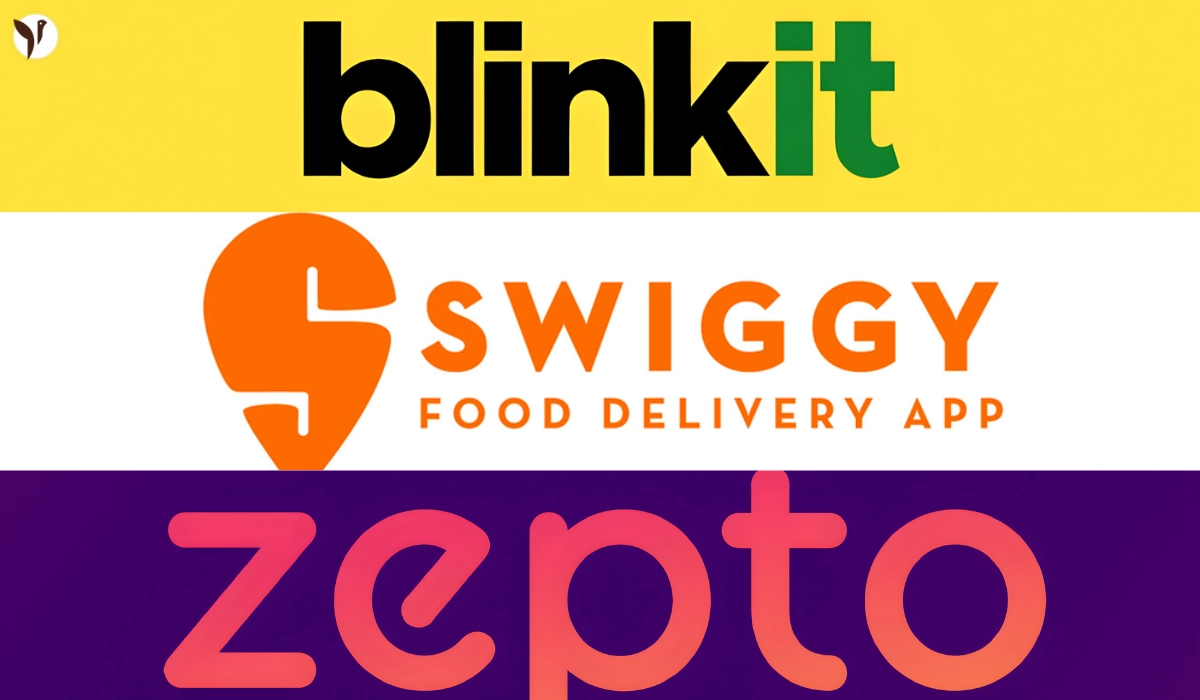The well-known British discount chain Poundland has been sold for just £1 to turnaround specialists Gordon Brothers. The sale was made by the Pepco Group, which had acquired Poundland in 2016 but decided to offload it amid mounting financial pressure. The symbolic price reflects the urgent need for rescue measures, as the chain has struggled with inflation, falling footfall, and high operational costs. Gordon Brothers plans to invest heavily—up to £80 million—to help Poundland survive and restructure.
Though Pepco sold the business, it will continue to support the turnaround by offering a £30 million loan now and possibly another £30 million if recovery targets are met. The deal will include a review of store leases and an overhaul of the company’s cost base, aiming to make Poundland competitive again.
Large-Scale Store Closures and Job Cuts Expected
As part of the restructuring plan, a large number of Poundland stores will be shut down in the coming months. Some closures have already begun, with stores in cities like Liverpool, Bristol, and Southampton closing their doors. Reports suggest that up to 200 stores could be at risk, depending on rental costs and local performance.
These closures are expected to have a major impact on jobs, with thousands of employees potentially affected. The company has not released an exact number of job losses, but it is in talks with local councils and landlords to minimize disruption. The aim is to keep as many viable stores open as possible while reducing overhead costs.
What Happens Next for Poundland Under New Ownership?
With new owners at the helm, Poundland is expected to refocus on core discount retailing. CEO Barry Williams, who recently returned to lead the company, will oversee changes aimed at restoring customer trust and simplifying the in-store experience.
Gordon Brothers has a long history of rescuing troubled retail brands. In this case, it will work closely with Poundland’s management team to redesign its product range, improve pricing strategies, and close underperforming locations. Analysts say the brand’s survival will depend on how well it adapts to the evolving retail landscape, particularly as more consumers shop online.
Why Pepco Group Walked Away from Poundland
Pepco Group decided to exit the UK market as it focuses on growing its more profitable business units in Eastern Europe and other markets. It said Poundland had become too costly to maintain, especially with high energy prices, rising rents, and fierce competition from supermarkets offering similar value products.
By handing Poundland to Gordon Brothers, Pepco removes a financial burden from its books. It will still play a background role, offering support loans and hoping for a successful transformation. The decision shows how even well-known discount chains are not immune to market pressures.
Impact on the UK Retail Sector
Poundland’s sale comes during a difficult time for British retailers. Rising living costs and changing shopping habits have made it harder for stores to stay profitable. Many high streets are seeing closures, and Poundland’s challenges are part of a wider trend.
Other chains may follow similar paths unless they adapt quickly. Analysts suggest that UK retail needs to focus on customer experience, value pricing, and online integration to stay relevant. The Poundland case highlights the urgency for retail brands to reinvent themselves before it's too late.
Image Source: metrofy.com









